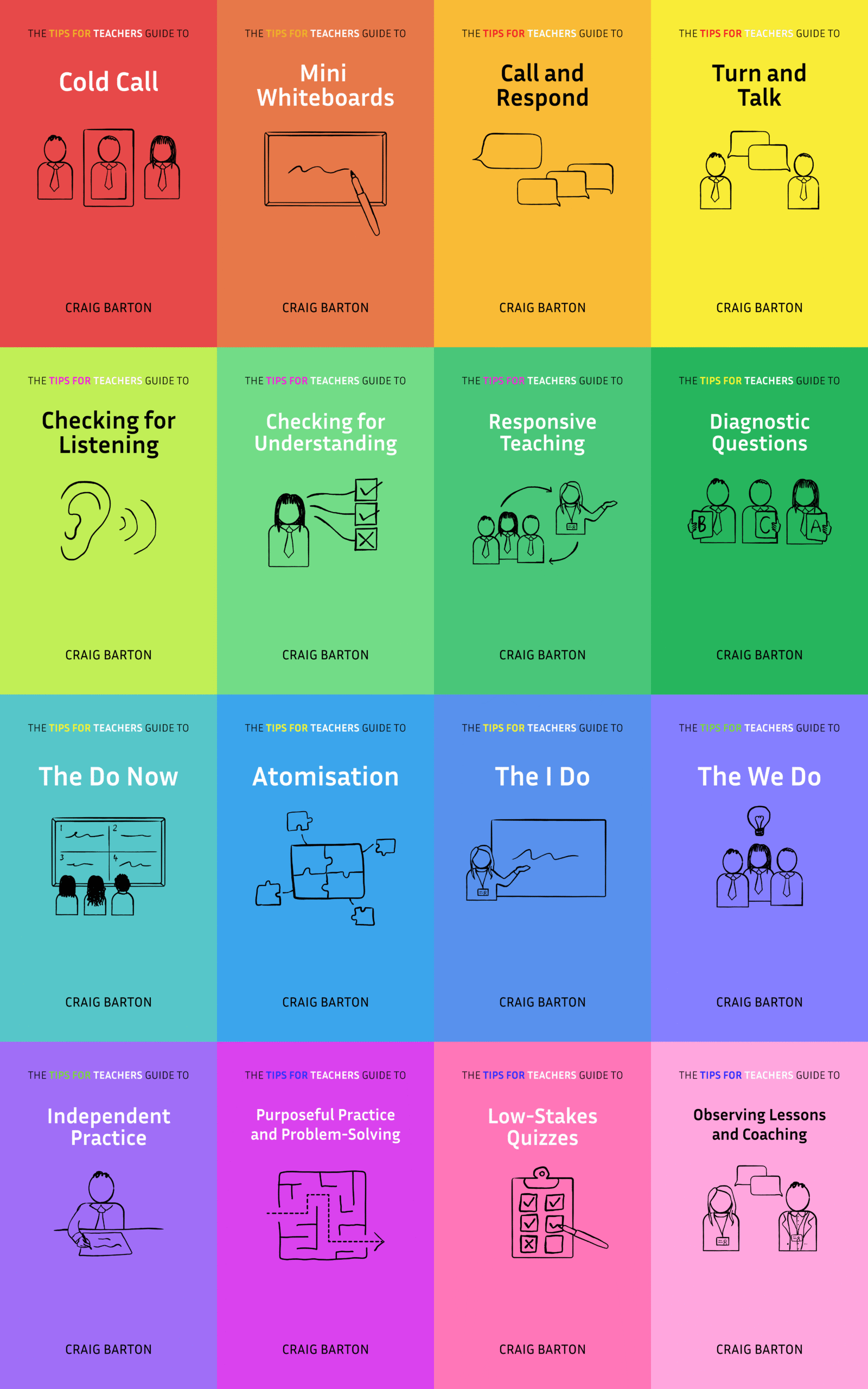Summary
This YouTube transcript discusses effective multiple-choice question design for teachers. Key points include avoiding obviously incorrect answers and humorous distractors that reduce challenge, using plausible distractors to pinpoint student misconceptions, and considering the inclusion of an “I don’t know” option. The speakers also address the optimal number of distractors, caution against “all of the above” or “none of the above” options, and emphasize the importance of focusing on essential learning objectives. Finally, they suggest collaborative question-writing exercises to improve quality and consistency.
What are the implications for teachers?
Based on the sources, here are some implications for teachers regarding multiple-choice question design:
- Training and Awareness: Early career teachers may need training on how to write effective multiple-choice questions. Teachers should be aware that online quizzes may not always be effective, even if created by experienced teachers.
- Avoid Common Mistakes: Teachers should avoid including obviously incorrect responses. They should also avoid using “comedy options” that dilute the level of challenge and effectiveness of retrieval practice.
- Clear Questions and Plausible Distractors: Questions should be clear, with carefully considered language. Distractors should be plausible and reveal something about a student’s misunderstanding or error. For example, in math, distractors can represent answers that students might arrive at if they made a common mistake, such as subtracting instead of adding.
- Number of Distractors: Two plausible distractors may be sufficient, as adding more can be harder for teachers to manage.
- “I Don’t Know” Option: Teachers can include an “I don’t know” option to encourage honesty and identify gaps in knowledge. If used, teachers should be flexible about how it is used. For example, they can limit how many times students can use it, or not include the option on easier questions.
- “I Know That” Option: Adding an “I know that” option gives students the opportunity to write down what they do know, even if they don’t know the answer.
- Variety in Question Types: While some argue for variety, teachers should generally avoid “all of the above” or “none of the above” options because they can be confusing for students and not accurately reflect their understanding.
- Focus on Key Misconceptions: Teachers should strive to write questions that identify key misconceptions students may have. They should test questions to ensure they are truly assessing understanding and not just enabling correct answers through guessing. It is important to identify why a student is getting a question wrong by targeting known misconceptions.
- Rephrasing Questions: Teachers can rephrase questions, using different examples or numbers to get a clearer understanding of student knowledge. Patterns can emerge when using multiple variations of the same type of question.
- Target Essential Information: Teachers should only focus on essential information in multiple-choice questions, avoiding non-essential details that might inadvertently increase the retrieval strength of less important information. They should remove questions that don’t focus on essential information to avoid retrieval-induced forgetting.
- Collaborative Question Design: Teachers, particularly less experienced ones, should collaborate to design questions by working in pairs, or as a team. This could involve having teachers write a question and then exchange it with a partner to have them create possible answers. This allows them to discuss why they chose certain answers.
- Share Quizzes and Seek Feedback: Teachers should share quizzes and ask for feedback from colleagues. They should also look at quizzes other teachers have made and consider how they might improve the questions.
- Consider Student Experience: Teachers should think about students’ experiences when designing questions. For example, if they’ve seen students misspell a particular word, they can incorporate that into a question.
- Question Design as CPD: Question design should be part of continuing professional development (CPD). This can help teachers develop a deeper understanding of pedagogy and assessment.
- Time for Collaboration: School leaders should make time for teachers to collaborate on question design, as it is an important activity that enhances learning.
By considering these implications, teachers can design more effective multiple-choice questions that provide valuable insights into student understanding and promote better learning outcomes.









